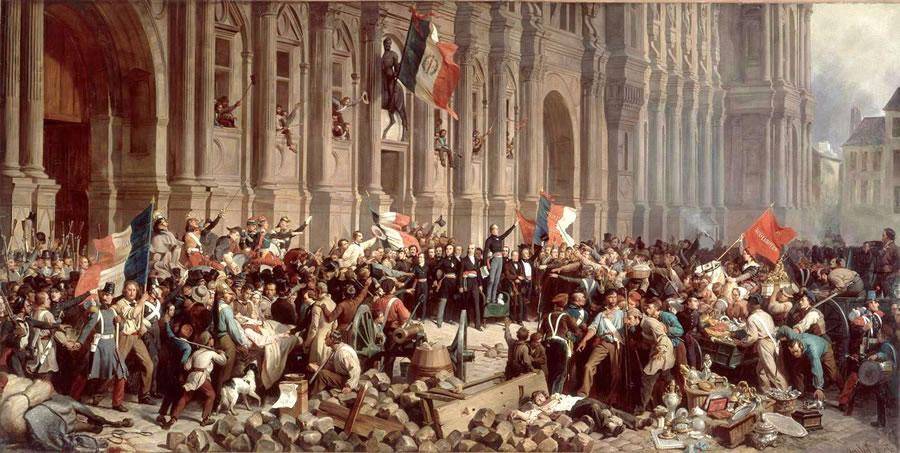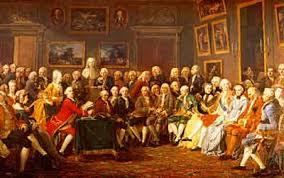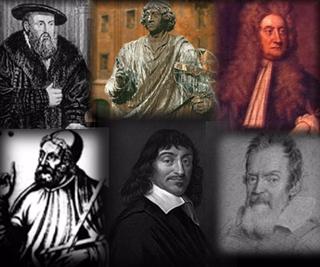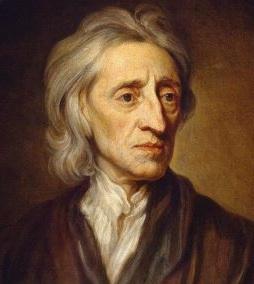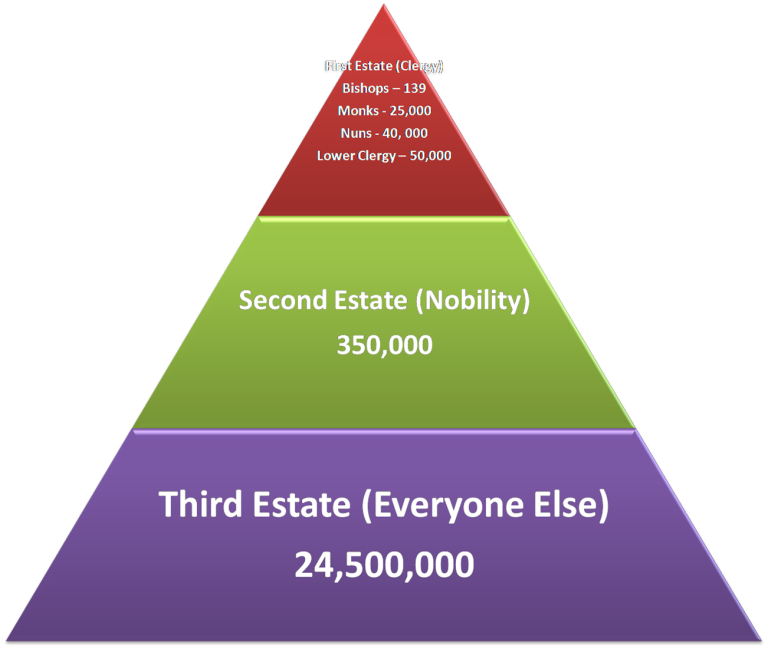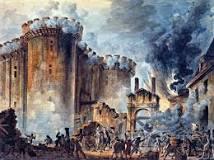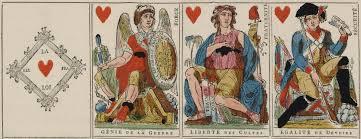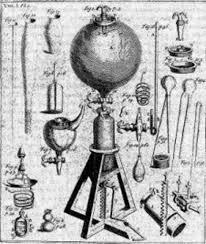
Did you know?
The Scientific Revolution wasn't much of a legitimate 'revolution', per-say, with a particularly less amount of death and martyrdom. It was, to put it simply, a time of talking. There was a overall advancement of the sciences of mathematics, physics, astronomy, biology, human anatomy, and chemistry [1]. These new ideas influenced the viewpoint of society by using a new Enlightened way of thinking, whereas anything natural was perceived as good, and the opposite (or man made, in a sense) was evil. This new way of thinking, however, contradicted the ways churches originally taught matters, beginning an age where Science protested the Church. the previous 'mystical' line of thinking that was previously brought along by the church was debunked and ridiculed by Philosophes and believers of the Enlightenment, owing to a growing number of Atheists and non-Christian religions. Scientists, like those who believed in a Heliocentric solar system (for instance, Galileo) began their revolutionary ideas during this time.

